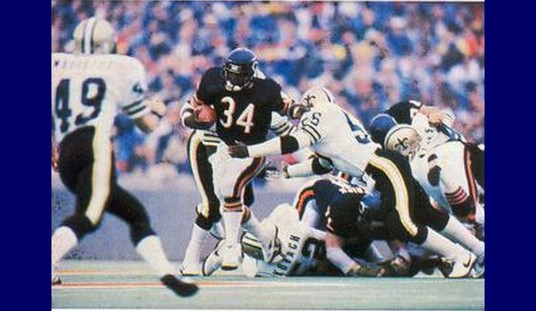For five and a half years I was an indigent criminal defense attorney as one area of my law practice.I never once represented an innocent person. They were all guilty. I never had a criminal trial. They were all willing to take deals. Most of them were black men between the ages of 18 and 35 and their crimes most often involved drugs.Today is the anniversary of the death of my last criminal client. A white female in her thirties, my only goal as her lawyer was to get her out of jail and into her home so she could die with her family.Her story was a typical one. She developed a prescription drug addiction, which morphed into other drugs and alcohol. She had no kids, but did have a husband. He divorced her, but still cared for her.On top of addiction, she had mental health issues that took far too long to diagnose only have the patient refuse much treatment. The drugs they wanted her to take didn’t do for her, in her mind, what the other drugs did. The mental disorder had more to do with her problems than anything else, but it was treated as the ancillary issue.Her drug habit caused her to descend to crime to pay for the habit. Arrested and in jail, her body – in her mid-thirties — gave out. Her liver was gone. Her whole body slowly shut down.Once the diagnosis was confirmed and she had little time left, the prosecutor didn’t even get her to take a plea. He just let her go. Her ex-husband took her in. Her family, whom she had pushed out of her life, came back into her life at the end.She died the day after Christmas in her husband’s home surrounded by a family who loved her.Many reporters have made news over the past few weeks related to guns and gun control. A great many journalists have chosen sides on this issue and some are not even willing to give the other side a fair hearing. There are 300 million Americans in this country and 300 million guns. We’re reaching the point that guns will outnumber people. But I’m willing to guess that nine out of ten journalists covering this issue have little contact with guns. They lead a sheltered life where the solution to the gun issue is easy and they can take a moral high ground.Of course it is not that easy.As Kyle Wingfield of the Atlanta Journal Constitution noted
Consider the high school rampage in Columbine, Colo. The year was 1999, amid a decade-long ban on “assault weapons,” those firearms defined by nothing more than the minds of legislators who drafted the ban on them. (Indeed, the main characteristic common to the weapons banned then seems to be the likelihood one might have seen a similar weapon in a shoot-em-up, kill-em-up movie — an implicit nod to the overriding impact of our entertainment culture.)One of the Columbine killers was armed with a pump-action shotgun (not exactly a semiautomatic weapon) he fired 25 times. He also fired 96 rounds from a 9-mm carbine while using 10-round magazines — the limit of choice for those who say 30-round magazines are the problem.
“With just one single exception, the attack on congresswoman Gabrielle Giffords in Tucson in 2011, every public shooting since at least 1950 in the U.S. in which more than three people have been killed has taken place where citizens are not allowed to carry guns.”
But guns are the easy topic to talk about and many journalists unfamiliar with them in their day to day lives presume everyone else is as unfamiliar with them.The issue we are not talking about is mental health. The number of people who descend into drugs, crime, and violent episodes because of mental health issues is significant. Each of the monsters who perpetrated mass shootings in the past several years had mental health issues.To raise it is to be accused of changing the subject. But it should be the subject. There are 300 million guns in this country. The only people engaged in mass shootings have had serious mental health issues. If we must consider what has largely been a nonsensical conversation on guns, can we at least multitask and talk about mental health as well.There are plenty of Americans who could be productive members of society if we intervened before they got into the justice system. There are many parents who fear for their lives because of a mentally unstable child whose only present hope is that their child commits a crime that gets them into the system. The parents just pray it is not a crime against them.The urge to “just do something” may seem easier when applied to guns, but focusing on mental health is a far better focus.My last criminal client was a statistic. Her entered the system because of crime. Only then were her mental issues addressed. No person should be just a statistic. And some people do need help from society. We should not let the gun debate, yet again, get this issue ignored.














Join the conversation as a VIP Member